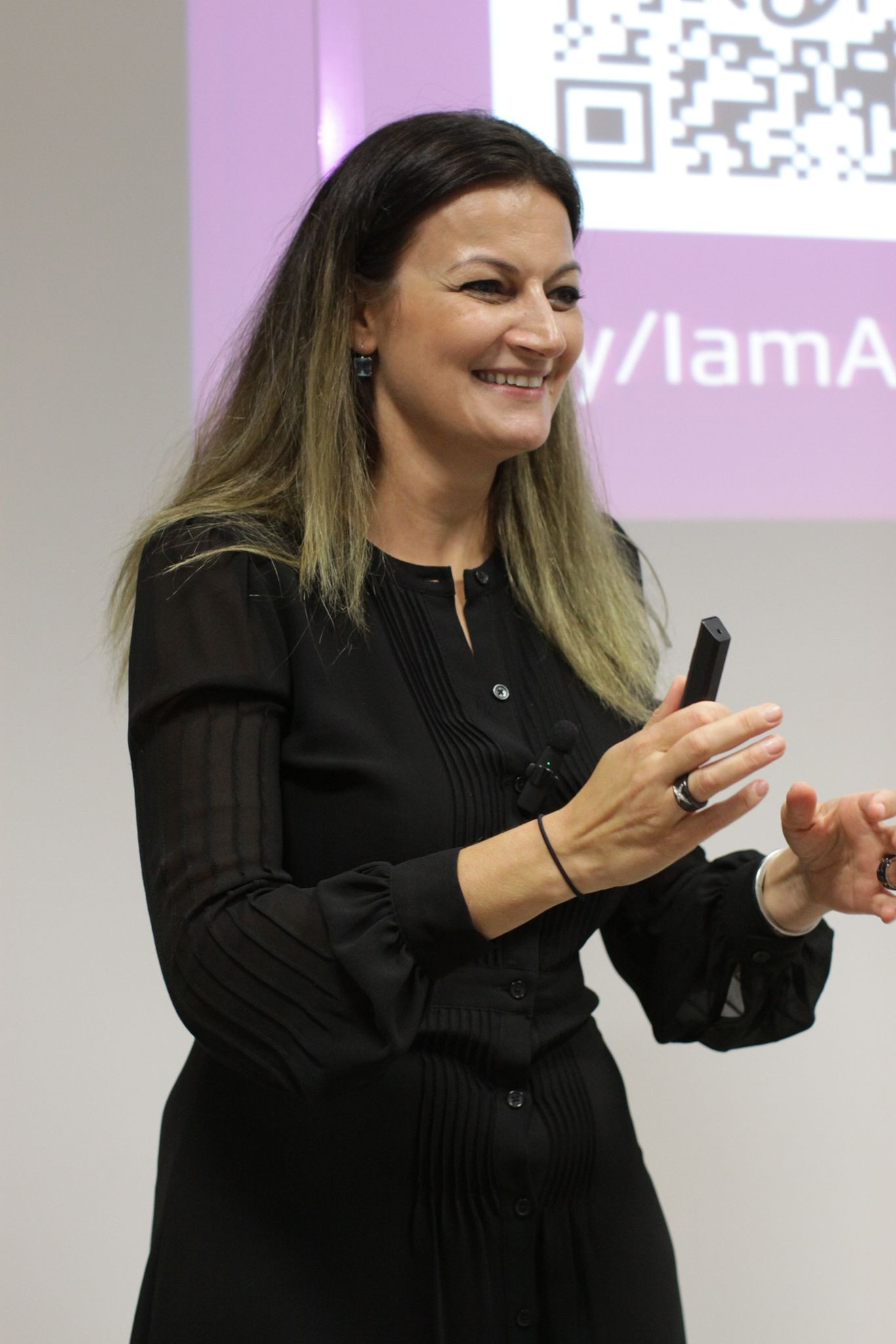Learning to Say No: The Key to Managing Your Energy and Priorities
How many times have you said “yes” when deep down you wanted to say “no”? Sometimes out of fear of disappointing others, sometimes because we don’t want to seem selfish… But what if I told you that learning to say “no” could actually be a real strength?
Whether in our professional or personal lives, saying “yes” to everything eventually drains us and more importantly, distances us from our true priorities. So, how can we learn to say “no” without feeling guilty?
Today, I’m sharing a few practical tips to help you do it with confidence and above all, with kindness. �
1. Understand the importance of saying no
First and foremost, you need to understand that saying “no” is essential to preserving your energy. Every time you say “yes” to something that doesn’t serve your goals, you’re saying “no” to something else, often something more important to you.
Early in my career, I often accepted too many requests from colleagues… The result? I ended my days late at night, frustrated that I hadn’t advanced on the things that really mattered to me.
Of course, there’s nothing wrong with saying “yes” occasionally, especially when you truly have the time, but it should never become the norm at the expense of your work or your well-being.
Your top priority should always be you and your balance!
2. Recognize your limits
To be able to say “no,” you first need to be aware of your own limits. You can’t be everywhere at once. Accepting your limits also means understanding that you simply can’t say “yes” to everyone all the time.
Often, we, especially women, tend to want to do well, even if it means doing too much. We’ve all been overwhelmed at work after taking on too many projects. But in the long run, this isn’t sustainable for two simple reasons.
If you’ve always been at 200%, your team may not understand when you eventually return to a “normal” pace.
You’ll risk burning out physically and mentally, losing both your energy and your sense of fulfillment.
So, set clear boundaries and do it early!
3. Practice the art of saying no with kindness
Saying “no” doesn’t mean being rude or harsh. You can decline with both kindness and professionalism. Acknowledge the request, but explain that you’re unable to take it on.
Here are two approaches.
Be direct without over-explaining. Sometimes, the best approach is a simple, clear “no” that remains kind. Avoid lengthy justifications that water down your message.
Show interest and suggest an alternative. If you care about the request but can’t handle it, explain briefly why, while showing appreciation for the opportunity. You might suggest another person who could take it on, or propose revisiting it at a more suitable time. This way, you remain engaged and proactive, even while declining.
4. Build confidence to stand by your choices
Saying “no” isn’t easy—it requires confidence. We sometimes fear that refusing a request will make us lose the respect of colleagues or managers. But in reality, it’s quite the opposite!
Saying “no” shows that you understand your limits, you have priorities, and you know how to manage your time.
As a manager, I fully accept when members of my team say “no” to me. They simply explain which projects they’re prioritizing at the moment. If what I’ve asked is more important, we just shift priorities and that’s perfectly fine, as long as there’s communication.
5. Surround yourself with people who respect your time
Finally, it’s crucial to be surrounded by people who respect your limits and priorities. If someone can’t accept your “no,” ask yourself whether that’s a relationship you want to keep.
In the professional world, saying “no” is not only acceptable but increasingly recognized as part of well-being at work. Companies today are more aware of burnout prevention and understand the importance of boundaries. If your “no” is expressed respectfully and clearly, chances are it will be well received.
In conclusion
Learning to say “no” is far from a weakness. On the contrary, it’s now seen as an act of leadership—it allows you to stay focused on your priorities, protect your time, and shield yourself from unnecessary stress.
So, the next time someone makes a request, remember this: saying “no” doesn’t mean rejecting the person—it simply means affirming what matters most to you. Because in the end, learning to say “no” allows you to say “yes” to what truly counts.
“Dreams often stop at the idea stage. We help you transform them into action.”
Kristine Naltchadjian

Founder of The Leadership Revolution







